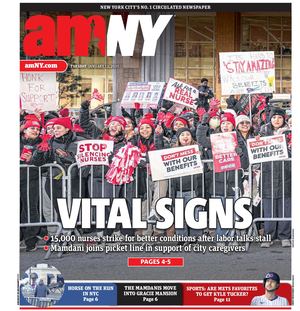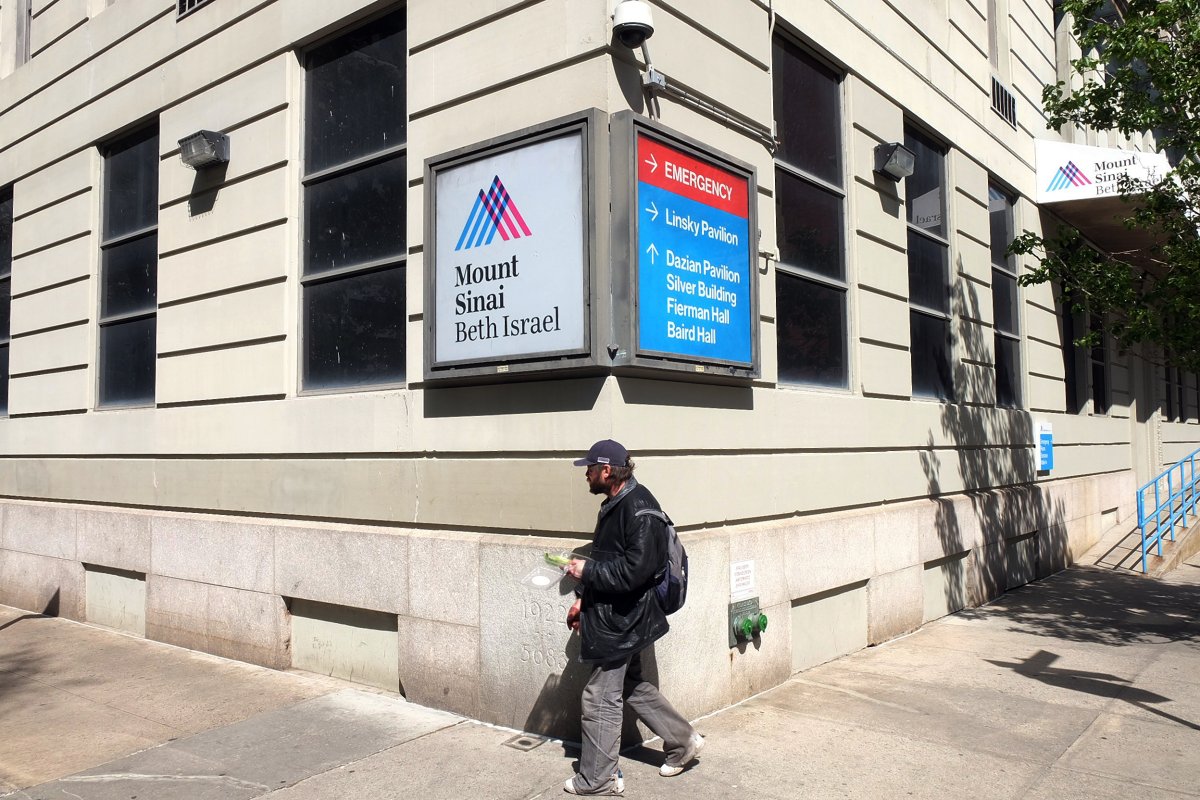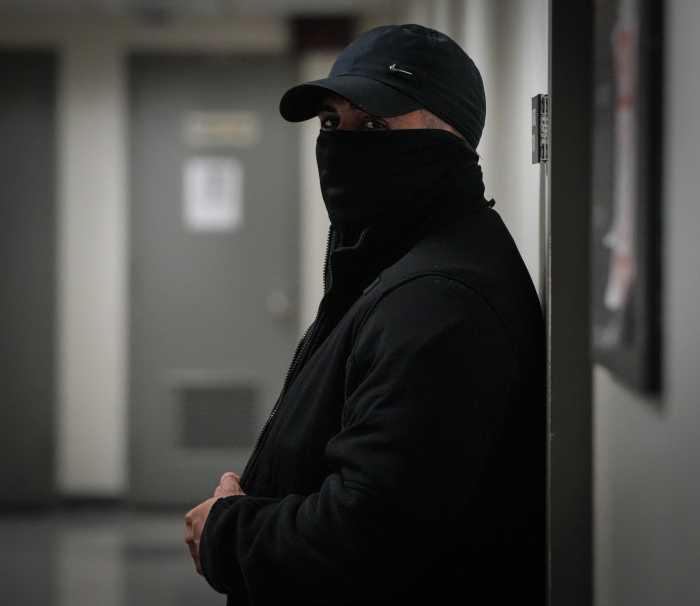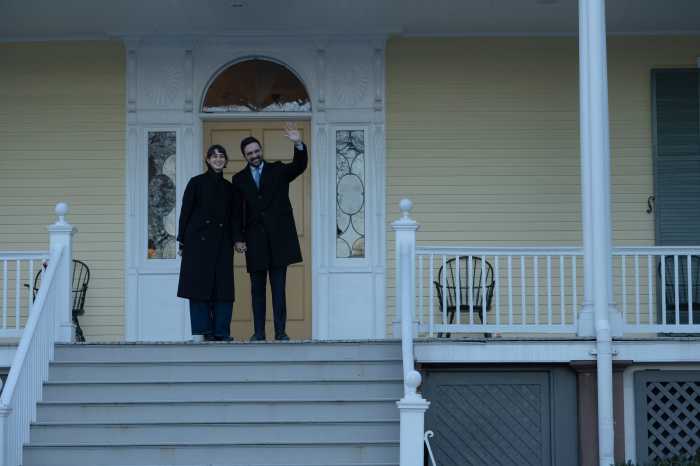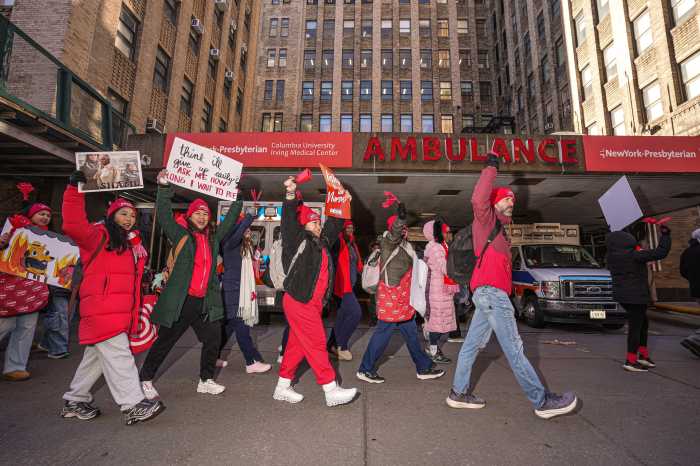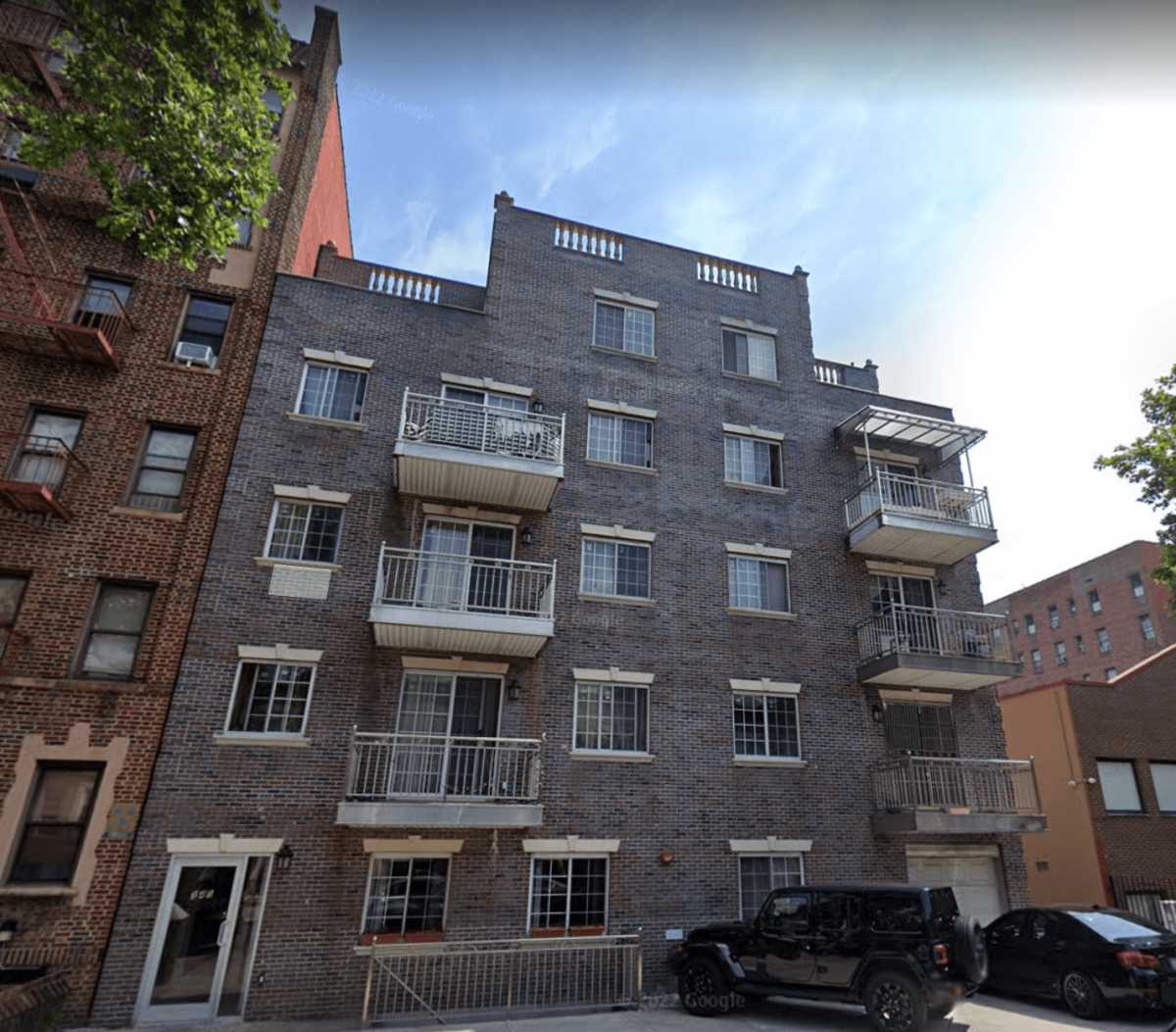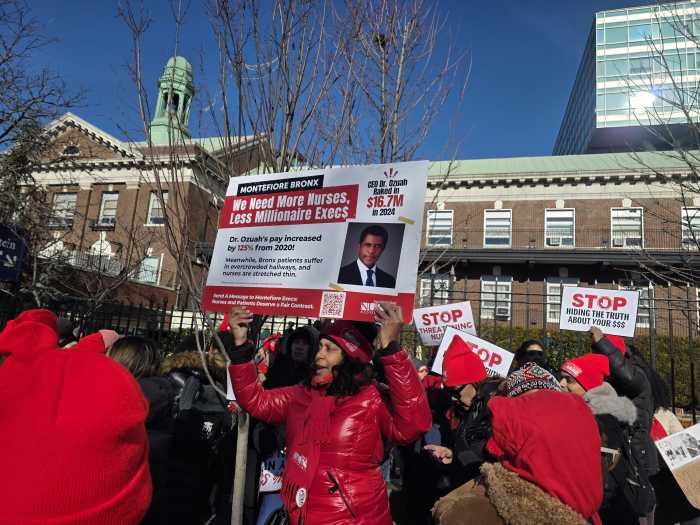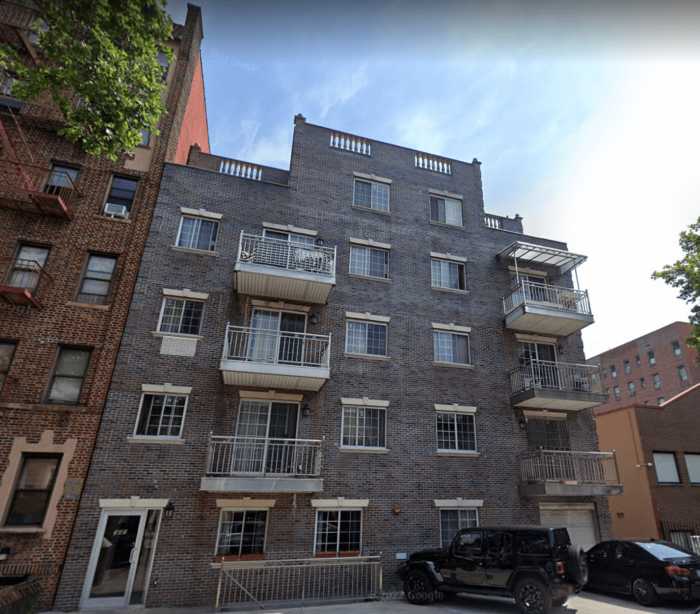As Manhattan residents battle a plan to close Beth Israel Medical Center, a new bill which the Assembly passed last week would require sufficient community input when a hospital in New York threatens to close its doors.
The Local Input in Community Healthcare (LICH) Act, passed the New York State Assembly with bipartisan support. Sponsored by Brooklyn Assembly Member Jo Anne Simon, the bill — if it becomes state law — would require public notice and public engagement when a hospital seeks to close entirely or one of its major units.
The bill was announced as anger in NYC continues to mount over the possible closure of Mount Sinai Beth Israel Medical Center in Gramercy Park. Patients and people who live nearby have been angry for months at the hospital’s lack of transparency throughout the closure process.
Mount Sinai announced abruptly in September that Beth Israel would close on July 12, 2024, due primarily to financial reasons.
“Due to the changing healthcare landscape and financial reality at MSBI, Mount Sinai Health System has made the difficult decision to close the 16th Street campus,” an announcement on the hospital’s website reads.
Meanwhile, Beth Israel patients continue to seek treatment elsewhere — whenever and wherever they can. Emergency services are feeling the brunt of the imminent closure. According to an article in POLITICO, patients arriving at the hospital’s emergency room are leaving in ambulances and being transferred to different hospitals.
Sean-Patrick Hillman, who lives in nearby StuyTown, called Beth Israel’s possible closure “a big problem” that has divided the neighborhood.
“Mount Sinai did everything wrong in their acquisition and management of the hospital,” he said. “Plus, the place has become the epicenter of malpractice in the city over the last couple of years.”
Hillman also said he was misdiagnosed in the emergency room last year.
“It’s horrible and needs to close,” he said.
Peter Webb, who lives in Manhattan, called the closure “unfortunate.”
Read More: Why several NYC House members voted against funding to help defend Israel or Ukraine
“Beth Israel will close or change form from a full service hospital,” he said. “The current model is not financially sustainable. Hopefully our elected officials and community leaders can work together to address area healthcare needs.”
Beth Israel is not the only area hospital facing closure. SUNY Downstate in Brooklyn and several medical centers throughout the state are planning to close, too.
Inside the legislation
The bill is named after Long Island College Hospital — LICH — another hospital from history that went through a controversial closing in 2013. According to a press release from Simon, the state health department “didn’t notify or seek input” from the communities it served when it closed, resulting in protest from both hospital workers and the public.
The LICH bill would also strengthen state review of any proposed closings.
“For far too long, there has been little to no transparency, planning, or public engagement in the hospital closure process, and thus no real assessment of impacts to the community’s health. The public is entitled to be fully informed,” Simon said about the LICH bill.
Currently under state law, hospitals do not have to give advance notice to stakeholders, including elected officials or the community at large. Simon explained that as the law stands now, a public forum is only required after a hospital closes.
“This bill reforms the process to ensure stronger state oversight and real community engagement that protects the public’s health,” the assembly member said.
If the bill becomes law, hospitals may still be able to close. But, it would help ensure an analysis is done to see if there is any way to keep a hospital off the chopping block. Thus, during the review process, no cessation, pause, transfer or limitation of service would occur without prior written approval from the state health department.
